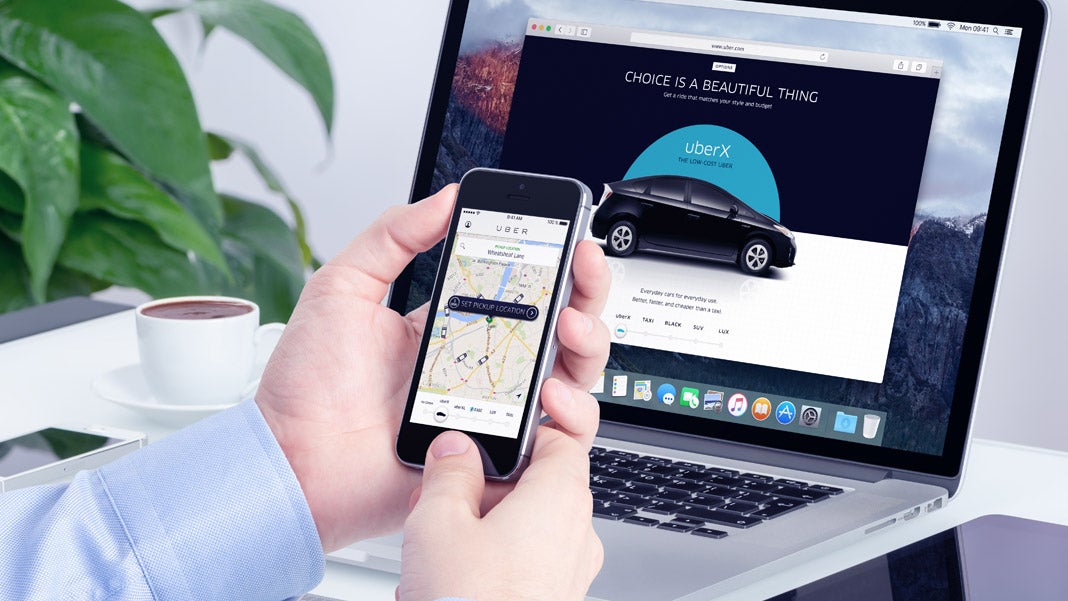
Uber is celebrating its fifth anniversary and it certainly has accomplished a lot in five years. It’s hard to imagine another company that has so quickly established a global presence. The last figures I saw said that Uber operates in 300 cities strewn across 58 countries.
Let’s compare it to Starbucks, which certainly has an impressive reach of its own. Starbucks opened its first store near Seattle’s Pike Place Market in 1971. It took the company 16 years to hit a grand total of 17 stores. Twenty years after opening, Starbucks tallied 116 stores.
You would be correct to categorize Starbucks as a coffee shop – although it really redefined what that means. However, how would you categorize Uber? Here’s where the story gets interesting. Uber, adamantly and legally, declares that it is not a transportation company. This is the important take-away when you look at Uber and its tremendous growth.
Making connections
Uber is an information provider and communication facilitator. It let’s people who own cars and have spare time connect with people who need rides somewhere. It provides information based on locations and needs, and communicates those needs to people who have cars and time.
Let’s quickly look at this from two other angles. First, if you or I wanted to truly build a transportation company that provided rides to people in 300 cities, could we do that in five years? No, it would be impossible and crazy expensive.
Related Article: How Innovative Does Innovation Need to Be?
Second, Uber provides information and communication services built around transportation. However, the “transportation” part is irrelevant. The same kind of system can be built around any perceived need people have when there are other people who have the means to meet that need.
A spare cup of coffee
As a silly example, say that I often brew one or two cups of high quality coffee that I end up not drinking in the morning. If I could somehow connect with people in my neighborhood who were in a rush and wanted coffee at around the same time, perhaps I could sell my oversupply for less than they would pay at Starbucks. (Watch out Starbucks! I’m coming after you!)
The beauty of Uber – and other peer-to-peer companies – is that it takes the huge evolution in commerce that we have seen over the last 30 years and turbo charges it with the rapid evolution in technology that we have seen over the last 10 years. By this I mean that it combines a service industry with the information industry.
These are the two commodities that people desperately need and I don’t see the demand for them going away within our lifetimes. People need services and information. If you can combine those two elements, you are well on your way to perfecting a winning business formula.
Experimentation required
The trick is that one side of the “service plus information equation” is usually an “unknown.” The need for transportation services is well established. However, the information on private drivers available to provide the service was unknown until Uber began to experiment with providing it.
Uber started out as a small operation in San Francisco. Do you see a service in your community that might be revolutionized if you could provide people with the right information? Reexamine your small business. You might not have the next Uber, but you might find ways that you can make better use of information, either internally or by providing it in the right format to your customers.












